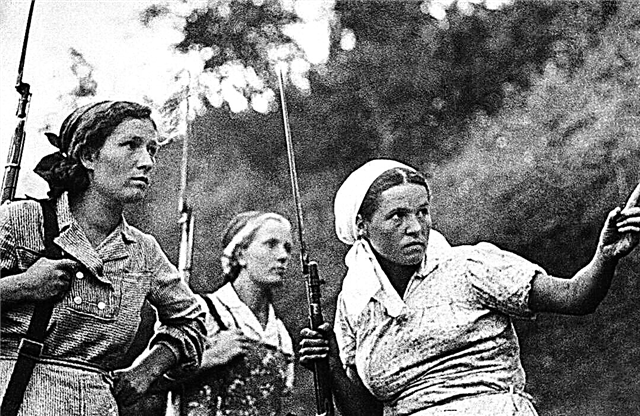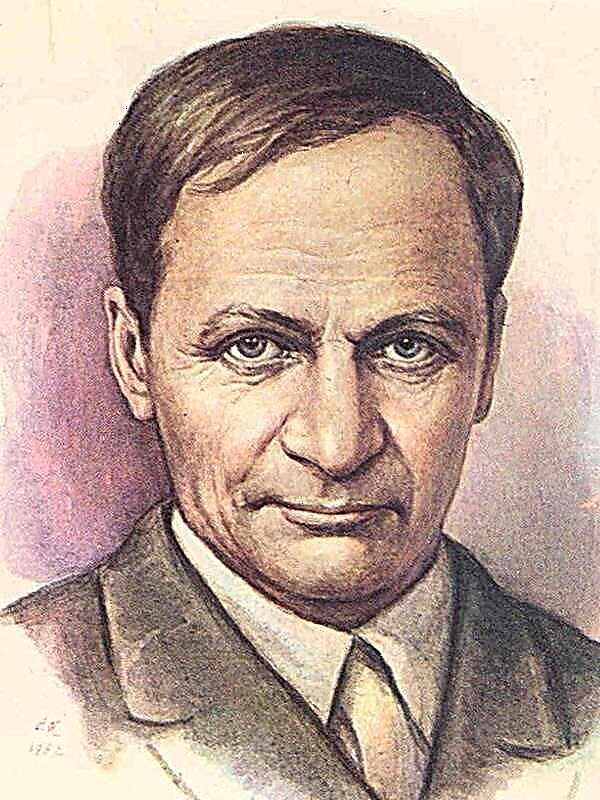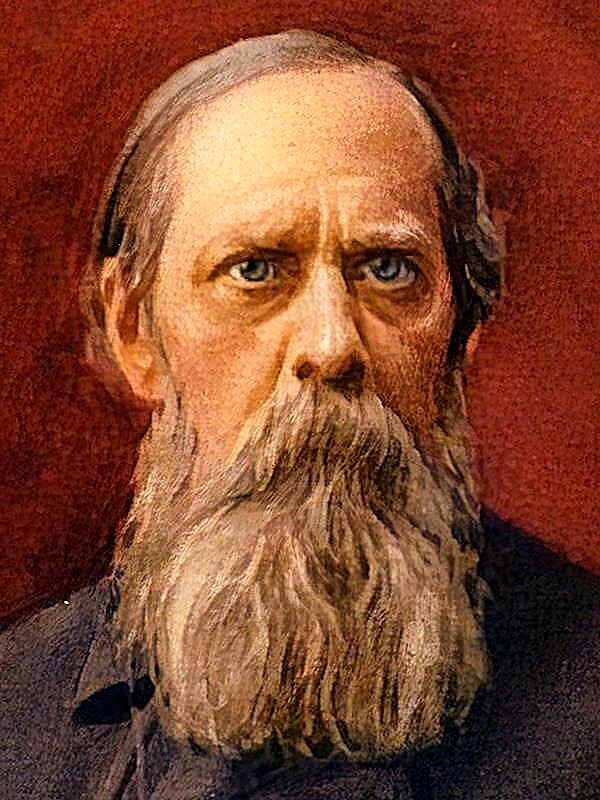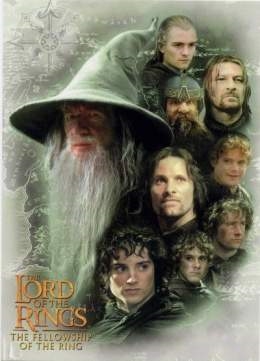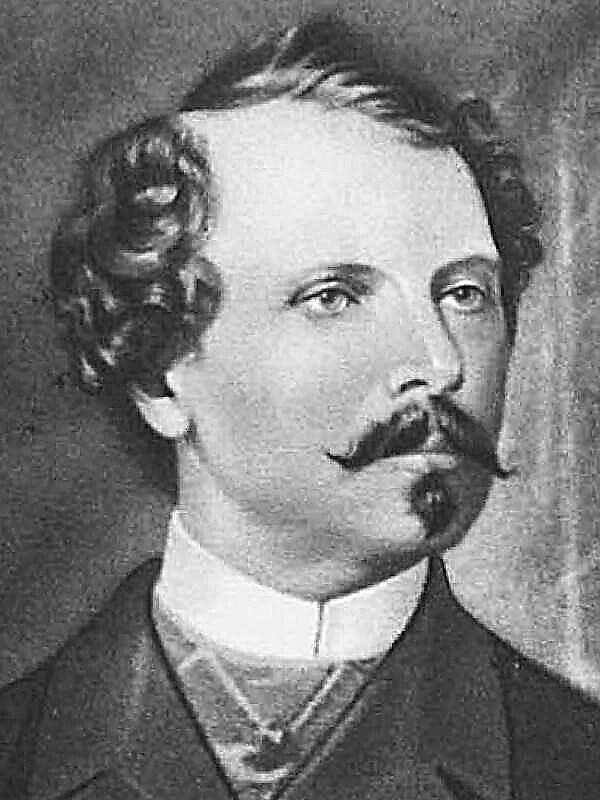On a windy March day of 1867, a young couple strolling along the pier of the old town of Lyme Regis in the southeast of England. The lady is dressed in the latest London fashion in a narrow red dress without a crinoline, which in this provincial backwoods will begin to be worn only next season. Her tall companion in a flawless gray coat reverently holds a top hat in his hand. It was Ernestine, the daughter of a wealthy businessman, and her fiancé Charles Smithson from an aristocratic family. Their attention is drawn to a female figure in mourning on the edge of the pier, which resembles a living monument to those who died in the depths of the sea rather than a real creature. She is called the unfortunate Tragedy or Woman of the French lieutenant. Two years ago, during a storm, a ship was lost, and the officer thrown ashore with a broken leg was picked up by local residents. Sarah Woodruff, who served as a governess and knew French, helped him as best she could. The lieutenant recovered, went to Weymouth, promising to return and marry Sarah. Since then, she goes to the pier, "elephant-like and graceful, like sculptures of Henry Moore," and waits. When young people pass by, they are struck by her face, unforgettably tragic: "sorrow poured out of him as naturally, uncomplicatedly and endlessly as water from a forest spring." Her gaze-blade pierces Charles, who suddenly felt himself defeated by the enemy of a mysterious person.
Charles is thirty two years old. He considers himself a talented paleontologist, but he hardly fills in the "endless enfilades of leisure." Simply put, like every smart loafer of the Victorian era, he suffers from byronic splenitis. His father got a decent condition, but lost to the cards. Mother died very young with her newborn sister. Charles tries to study at Cambridge, then decides to take the clergyhip, but then he is hastily sent to Paris to unwind. He spends time traveling, publishes travel notes - “running around with ideas becomes his main occupation in the third ten.” Three months after returning from Paris, his father dies, and Charles remains the only heir to his uncle, a wealthy bachelor, and a profitable bridegroom. Not indifferent to pretty girls, he deftly avoided marriage, but, having met Ernestina Freeman, he found an extraordinary mind in her, a pleasant restraint. He is attracted to this “sugar Aphrodite”, he is sexually dissatisfied, but he vows “not to take random women to bed and keep a healthy sexual instinct locked up”. He comes to the sea for the sake of Ernestine, with whom he has been engaged for two months.
Ernestine is visiting her aunt Tranter in Lyme Regis because her parents drove into her head that she is prone to consumption. If they knew that Tina would live to see Hitler attack Poland! The girl counts the days before the wedding - almost ninety are left ... She knows nothing about copulation, suspecting gross violence in this, but she wants to have a husband and children. Charles feels that she is in love more with marriage than with him. However, their engagement is a mutually beneficial business. Mr. Freeman, justifying his surname (free man), expressly declares his desire to become related to the aristocrat, despite the fact that Charles, enthusiastic about Darwinism, proves to him pathos that he descended from a monkey.
Missing, Charles begins to search for the fossils that are famous for the neighborhood of the town, and in the Heathlands he accidentally sees the French Lieutenant's Woman, alone and suffering. Old Mrs. Poultney, known for her tyranny, took Sarah Woodruff as a companion to surpass everyone in charity. Charles, whose duties include visiting three times a week, meets Sarah in her house and marvels at her independence.
The gloomy course of dinner is diversified only by the persistent courtship of blue-eyed Sam, the servant of Charles, for the maid of Miss Trenter Mary, the most beautiful, direct, as if drenched girl.
The next day, Charles comes back to the wasteland and catches Sarah on the edge of the cliff, crying, with a captivatingly gloomy face. Suddenly she takes out two starfish from her pocket and hands it to Charles. “A gentleman who values his reputation should not be seen in the company of the Babylonian harlot Lyme,” she says. Smithson understands that you should stay away from this strange person, but Sarah represents the desired and inexhaustible opportunities, and Ernestine, no matter how he persuades himself, sometimes resembles a "cunning clockwork doll from Hoffmann's fairy tales."
That evening, Charles gives a dinner in honor of Tina and her aunt. The lively Irishman Dr. Grogan, a bachelor who has been seeking the location of the old virgin Miss Trenter for many years, is also invited. The doctor does not share Charles’s commitment to paleontology and sighs that we know less about living organisms than about fossils. Alone with him, Smithson asks about the oddities of the Woman of the French Lieutenant. The doctor explains the condition of Sarah with bouts of melancholy and psychosis, as a result of which sorrow becomes happiness for her. Now, meeting her seems to Charles full of philanthropic meaning.
Once Sarah brings him to a secluded corner on a hillside and tells the story of her misfortune, recalling how beautiful the rescued lieutenant was and how bitterly she was deceived when she followed him to Amyus and surrendered to him in a completely indecent hotel: “It was a devil in the guise of a sailor ! " Confession shakes Charles. He reveals passion and imagination in Sarah - two qualities typical of the British, but completely suppressed by the era of universal hypocrisy. The girl admits that she no longer hopes for the return of the French lieutenant, because she knows about his marriage. Going down to the hollow, they suddenly notice the hugging Sam and Mary and hide. Sarah smiles as if taking off her clothes. She challenges the noble manners, Charles’s scholarship, his habit of rational analysis.
At the frightened Smithson’s hotel, another shock awaits: an elderly uncle, Sir Robert, announces his marriage to “not a pleasantly young” widow Mrs. Tomkins and, therefore, deprives her nephew of the title and inheritance. Ernestine is disappointed with this turn of events. Doubts about the correctness of his choice and Smithson, a new passion flares up in him. Wanting to think it over, he is going to leave for London. From Sarah they bring a note written in French, as if in memory of a lieutenant, asking them to come at dawn. In confusion, Charles confesses to the doctor in secret meetings with the girl. Grogan is trying to explain to him that Sarah leads him by the nose, and in evidence gives a report on the process that took place in 1835 over one officer. He was accused of producing anonymous letters threatening the family of the commander and violence against his sixteen-year-old daughter Marie. A duel followed, arrest, ten years in prison. Later, an experienced lawyer guessed that the dates of the most obscene letters coincided with the days of Marie's menstruation, who had a psychosis of jealousy for the young man’s mistress ... However, nothing can stop Charles, and with a first glimpse of the dawn he goes on a date. Mrs. Poultney drives Sarah out of the house, who is unable to bear the willfulness and bad reputation of a companion. Sarah is hiding in the barn, where her explanation takes place with Charles. Unfortunately, as soon as they kissed, Sam and Mary appeared on the threshold. Smithson takes a promise from them to be silent and, without admitting anything to Ernestine, hurriedly travels to London. Sarah is hiding in Exeter. She has ten sovereigns left goodbye to Charles, and this gives her a little freedom.
Smithson has to discuss the upcoming wedding with Ernestine's father. Once, when he saw a prostitute on the street like Sarah, he hires her, but he feels sudden nausea. In addition, the whore is also called Sarah.
Soon, Charles receives a letter from Exeter and goes there, but, not seeing Sarah, decides to go further, to Lyme Regis, to Ernestine. Their reunion ends with a wedding. Surrounded by seven children, they live happily ever after. About Sarah nothing is heard.
But this end is uninteresting. Let's get back to the letter. So Charles hurries to Exeter and finds Sarah there. In her eyes the sadness of expectation. “We shouldn't ... it's crazy,” Charles repeats incoherently. He "sticks his lips into her mouth, as if hungry not just for a woman, but for everything that has been banned for so long." Charles does not immediately realize that Sarah is virgin, and all the stories about the lieutenant are a lie. While he is praying for forgiveness in the church, Sarah disappears. Smithson writes to her about the decision to marry and take her away. He experiences a surge of confidence and courage, terminates the engagement with Tina, preparing to devote his whole life to Sarah, but cannot find her. Finally, two years later, in America, he receives the long-awaited news. Returning to London, Smithson finds Sarah in the house of Rosetti, among artists. Here he is waiting for a one-year-old daughter named Aalage-brook.
No, and that way is not for Charles. He does not agree to be a toy in the hands of a woman who has gained exclusive power over him. Previously, Sarah called him the only hope, but, having arrived at Exeter, he realized that he had exchanged roles with her. She keeps him out of pity, and Charles rejects this sacrifice. He wants to return to America, where he discovered "a particle of faith in himself." He understands that life must be suffered as much as possible in order to go out into the blind, salty, dark ocean again.

